نمایندگی پخش لوازم یدکی خودرو
پریز کمربند پژو 206 مشکی
پخش عمده پریز کمربند پژو 206 مشکی با بالاترین کیفیت در شرکت پخش لوازم یدکی خودرو کارو صنعت
شناسه محصول:
6260011130
دسته: قطعات داخلی
توضیحات
توضیحات تکمیلی
| نام خودرو |
پژو 206 |
|---|---|
| نام شرکت خودروساز |
ایرانخودرو |
| شماره فنی قطعه |
8974 EP, 8973 L3 |
نظرات (0)
اولین کسی باشید که دیدگاهی می نویسد “پریز کمربند پژو 206 مشکی” لغو پاسخ

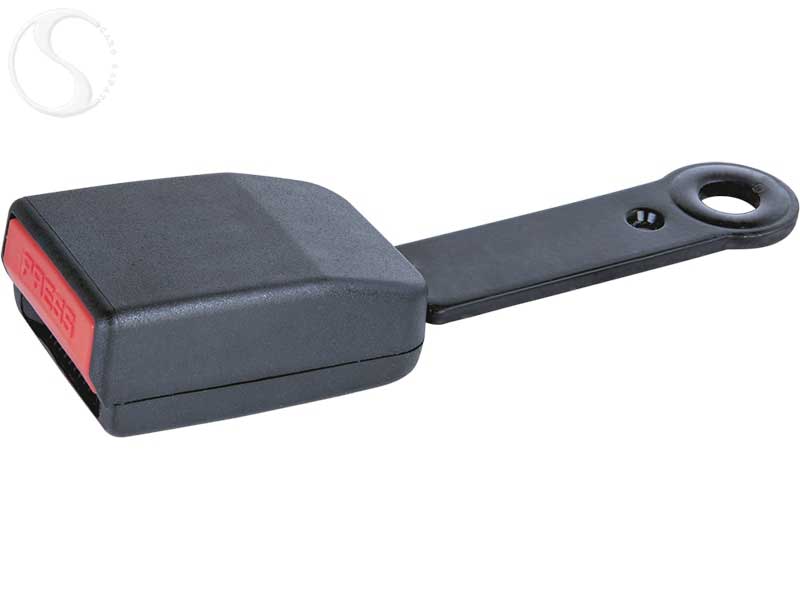
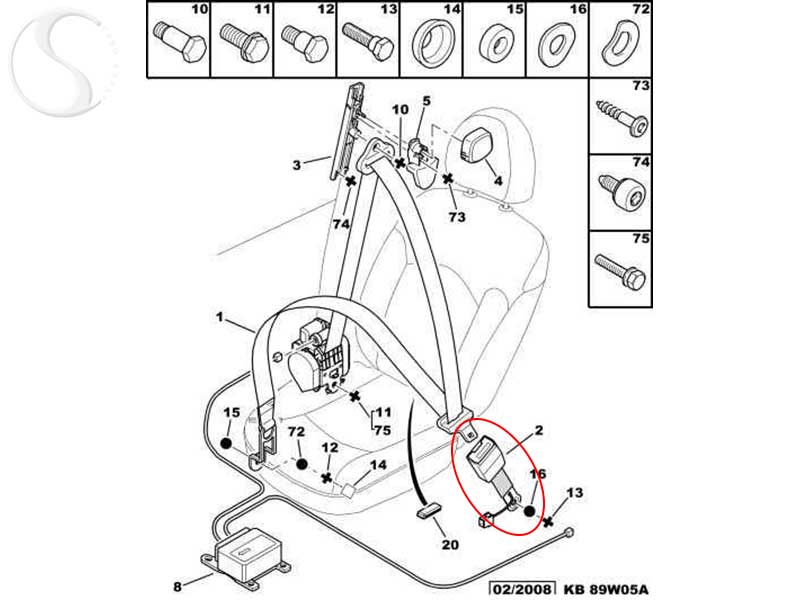

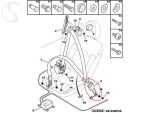
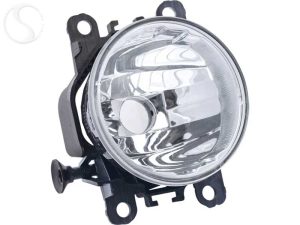


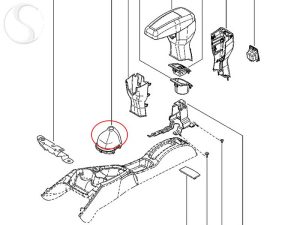


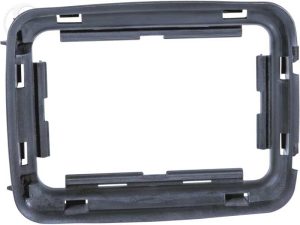
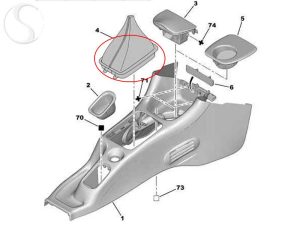
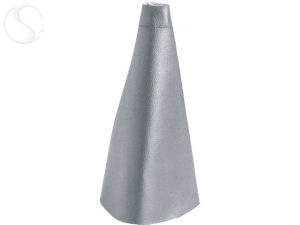
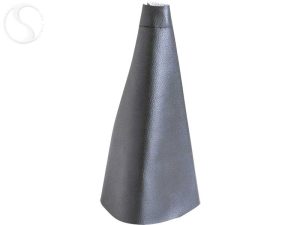

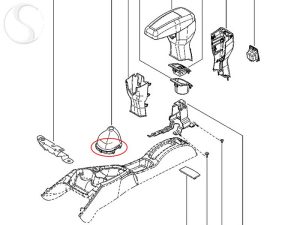
نقد و بررسیها
هنوز بررسیای ثبت نشده است.